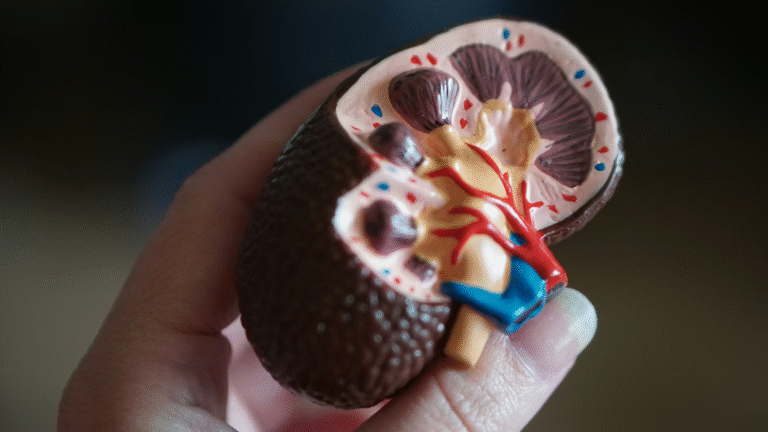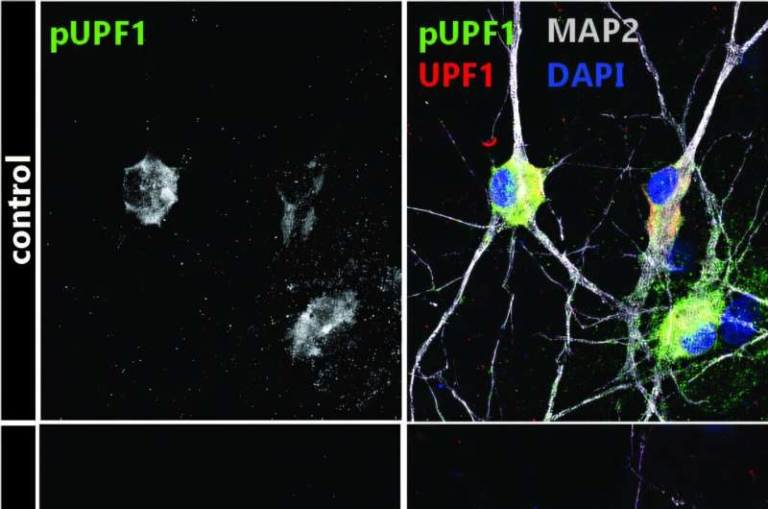Starting Metformin After COVID-19 May Cut Long COVID Risk

A new large-scale study from the United Kingdom suggests that the diabetes drug metformin might play an important role in reducing the risk of developing long COVID when started within three months of infection.
The findings, published in Clinical Infectious Diseases, add to the growing body of research pointing to metformin as a potentially low-cost, widely available option in the fight against post-COVID conditions.
Understanding Long COVID
Long COVID, also called post-COVID-19 condition, refers to a wide range of symptoms that continue or appear after the acute phase of COVID-19. These symptoms can last for months or even years. People living with long COVID often report fatigue, brain fog, shortness of breath, chest pain, sleep disturbances, joint pain, and more.
The World Health Organization (WHO) has outlined diagnostic criteria for long COVID, which typically involves symptoms lasting three months or more after infection that can’t be explained by another condition.
Given how common these lingering symptoms are, researchers have been searching for ways to prevent long COVID, not just treat it. This is where metformin comes in.
What is Metformin?
Metformin is one of the most commonly prescribed medications for type 2 diabetes. It works by lowering glucose production in the liver and improving the body’s sensitivity to insulin. It is widely considered safe, effective, and inexpensive.
Interestingly, scientists have been exploring possible uses for metformin beyond diabetes, such as in weight management, cancer prevention, anti-aging research, and now, potentially in the prevention of long COVID.
Details of the UK Study
The new study drew on primary care data from the Clinical Practice Research Datalink Aurum, which includes millions of patients across England. Researchers linked this data with hospital episode statistics and mortality data to ensure a comprehensive dataset. Here’s what they did:
- Population: Adults with overweight or obesity (defined as a BMI ≥ 25) who were diagnosed with COVID-19 between March 2020 and July 2023.
- Exclusions: Individuals who had taken metformin in the year prior, those with contraindications to metformin, and those already on other glucose-lowering drugs.
- Exposure: Starting metformin within 90 days of a COVID-19 diagnosis.
- Sample size: 624,308 adults in total. Of these, about 2,976 started metformin after diagnosis.
- Outcome: Diagnosis of long COVID, defined either by official diagnostic codes or by WHO-recognized symptoms lasting at least three months.
Participants were followed for up to one year after infection. Researchers adjusted for factors like age, sex, ethnicity, and vaccination status to reduce bias.
Key Findings
The results were striking. Compared with those who did not start metformin:
- People who began metformin within 90 days of COVID-19 diagnosis had a 64% lower risk of developing long COVID.
- The protective effect remained consistent across subgroups, including people with and without diabetes, different age groups, and varying BMI levels (all above 25).
- The benefit was also seen across different COVID-19 variant waves.
In terms of raw numbers, fewer metformin users developed long COVID compared to non-users. Researchers calculated a hazard ratio of 0.36, suggesting a robust association.
How Does This Compare to Previous Research?
This isn’t the first time metformin has been linked to lower long-COVID risk:
- COVID-OUT Randomized Trial (USA, 2023) – Published in The Lancet Infectious Diseases, this trial found that people who started metformin within three days of symptom onset had a 41% lower risk of developing long COVID. When the drug was started even earlier, the reduction was closer to 60%.
- Diabetes Cohort Study (USA, 2024) – An observational study in Diabetes Care found that people with diabetes who were already taking metformin had a lower risk of long COVID or death compared to those on other glucose-lowering medications.
The new UK study stands out because it shows benefit even when metformin was started later — up to three months after infection.
Strengths of the UK Study
Researchers highlighted several strengths:
- Massive sample size of over 600,000 participants.
- Use of a target trial emulation framework, which reduces common biases in observational research.
- Consistency across multiple analyses and subgroups.
- Use of both diagnostic codes and symptom-based definitions to identify long COVID.
Limitations to Keep in Mind
Of course, no study is perfect. Some important caveats:
- Observational nature: This was not a randomized trial, so there’s always the possibility of residual confounding (unmeasured differences between groups).
- Coding issues: One of the diagnostic codes for long COVID was only introduced in October 2021, meaning earlier cases may have been missed.
- Adherence uncertainty: Just because someone filled a prescription for metformin doesn’t mean they actually took it.
- Population limits: The study only included people with BMI ≥ 25, so we don’t know if the benefits apply to people with normal weight.
- Ethnic diversity: The majority of participants were white, which limits generalizability.
- Medication details: The researchers didn’t examine metformin dose or formulation.
- Other treatments: While they excluded patients on the antiviral nirmatrelvir (Paxlovid), they didn’t account for all other antivirals.
Why Might Metformin Help?
The exact reasons why metformin might reduce long-COVID risk aren’t fully clear. Some possible explanations include:
- Anti-inflammatory effects: Metformin reduces systemic inflammation, which could help with post-viral syndromes.
- Antiviral properties: Some lab studies suggest metformin may directly interfere with viral replication.
- Metabolic regulation: Since metabolic dysfunction is thought to play a role in long COVID, metformin’s effect on metabolism may offer protection.
- Gut microbiome effects: Metformin alters gut bacteria, which might influence immune recovery after infection.
This remains an open area for future research.
What Experts Are Saying
Specialists have reacted with cautious optimism:
- Metformin’s low cost, safety profile, and availability make it a very attractive candidate for preventing long COVID.
- However, many experts stress that randomized controlled trials are still needed to confirm these findings before metformin can be widely recommended for this purpose.
- Past experiences with COVID-19 treatments (like hydroxychloroquine or ivermectin) remind us that early observational results don’t always hold up in larger trials.
Broader Context: Long COVID and Public Health
Long COVID continues to pose a major public health challenge. Estimates suggest that 10–20% of people infected with SARS-CoV-2 may develop persistent symptoms. This has big implications for:
- Healthcare systems, with increased demand for specialist care.
- Workforce participation, as many people struggle to return to normal employment.
- Quality of life, with lasting effects on mental and physical health.
Any intervention that reduces the burden of long COVID could have significant benefits, not just for individuals but also for societies and economies.
Looking Ahead
While this research is promising, the story isn’t finished. Next steps include:
- Conducting new randomized trials that test metformin in different populations, including people without obesity.
- Exploring the biological mechanisms that explain the drug’s protective effect.
- Investigating whether timing, dosage, or duration of treatment makes a difference.
- Ensuring that findings apply across diverse ethnic and demographic groups.
If confirmed, metformin could become a widely used tool to reduce the long-term impacts of COVID-19.
Final Thoughts
This latest study reinforces what earlier trials hinted at: metformin may help reduce the risk of long COVID, even if it is started weeks after infection. While more research is needed, the evidence so far is encouraging. For now, the results should be seen as promising but preliminary.
Metformin is already a trusted medication in diabetes care, and if further trials confirm these findings, it could become a mainstay strategy to protect against post-COVID conditions.





